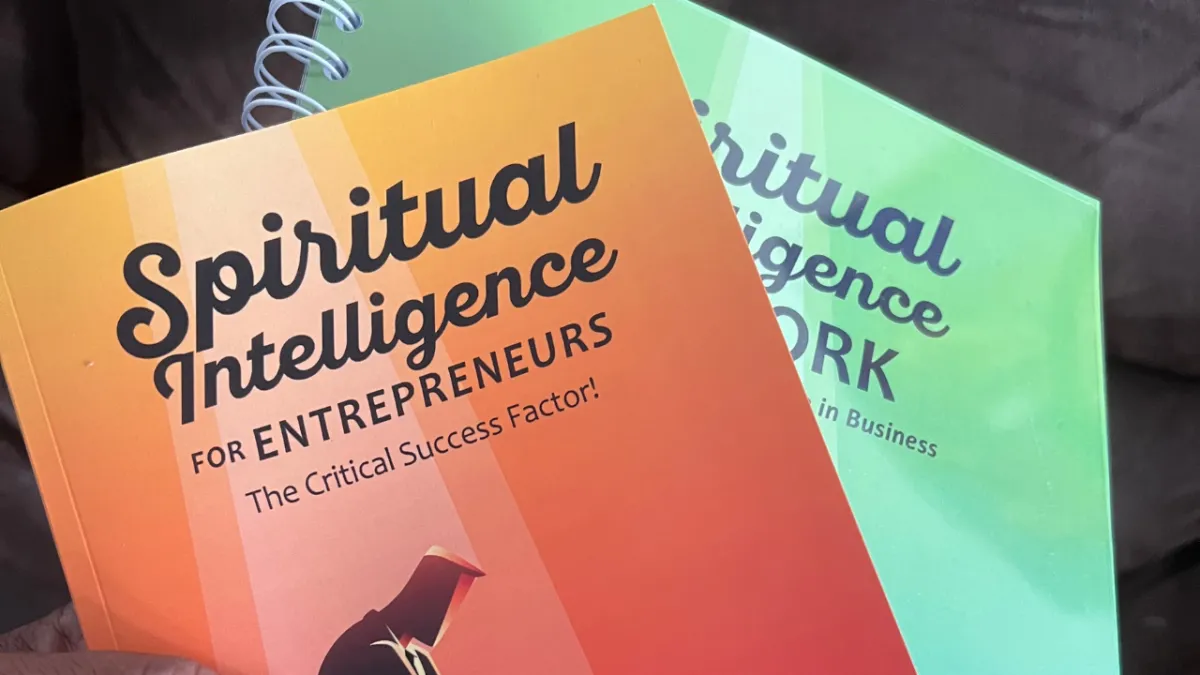Transform Your Business,
Transform Your Life!
Wayne Malcolm works with conscious entrepreneurs, professionals, influencers and creators to increase Their social influence and to monetise their personal brands.
The New Way to Wealth & Path to Prosperity
There is a new way to wealth that comes with each new economic age. In the digital age; the way to wealth is to increase your social influence and then to monetise your personal brand!
Whatever your business:
You can take it to the next level
With BB Coaching Solutions!

Author
Bishop Wayne is the author of over 100 learning resources including books, audio books, courses and video tutorials on a wide spectrum of managerial sciences and success principles. Although some of his works can be found on Amazon; most of his work forms an exclusive feature of his group coaching programs.

Coach
Bishop Wayne serves as a leading performance, business and executive coach to clients around the world including CEO's, professionals, artists, Church and civic leaders alike. His elite coaching programs create real transformations, breakthroughs and measurable progress for participants, in multiple disciplines across many fields.

Teacher
Bishop Wayne is an international key note speaker, an elite trainer and a seminar facilitator who is sought out for his enlightening, humorous and skilful presentations. He has addressed groups on 4 continents, hosted his own TV and radio programs, and spoken to crowds of up to 50,000 people at one time. The Bishop hosts weekly training on his Youtube platforms that are regularly viewed by thousands from a global audience.

Specialist
The business bishop is considered a thought leader among his peers because of his unique insights and perspectives on economic and vocational theology, Biblical psychology, and the Biblical blueprints for business success. He specialises in the spiritual nature of success and has identified a Biblical blueprint for business leaders that has enabled hundreds to launch, grow, turn around or scale their business' reach and revenue in record time.
Bishop Wayne Malcolm
Bishop Wayne Malcolm is an Author, Coach, Teacher
and Specialist in the field of Economic Theology and
Business Success Strategies.
He has successfully fused Theology with Psychology
to produce a Philosophy of Succes for Faith-based Entrepreneurs!
Self Study Courses & Kingdoms University!
Personal Coaching with Bishop Wayne!
The Success Streams Masterclass...
The new way to wealth and the new path to prosperity involves the strategic and intentional creation of a great NAME!

The Success Streams Masterclass...
This Masterclass will walk you through the steps to creating your own money magnet and ATM machine using a Biblical formula that is endorsed by the best practices in business today! The sign-posts the NEW way to wealth and the NEW path to prosperity!
My Youtube Channel
Each week we post training for Kingdom citizens, ambassadors, agents and agencies on my Youtube channel...
Kingdom Economics
What is the Biblical basis and blue print for business success? Join Bishop Wayne for his epic training on why and how `god's wants you to be rich and famous!
The Success Streams Masterclass
Wayne Malcolm @ Your Event...
The New Breed (EPIC) Community
Coaching for Business Success
Don't take my word for it...

Emmanuel


Cecily Cooper


Jay Moore

Get In Touch
Email: [email protected]
Address
Office:
5900 Balcones Drive STE 100
Austin, TX
78731
Assistance Hours
Mon – Friday 9:00am – 6:00pm
Sunday – CLOSED
Phone Number:
+1 - 231 - 225-0916 - US Office
+44 (0)7465-707 - 468 - UK Office
+971-547-617788 - Dubai Office
BB Coaching Solutions
Spiritual Intelligence for Smart Entrepreneurs!
© 2025 BB Solutions FZCO All rights reserved.
